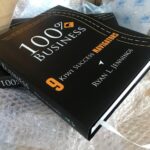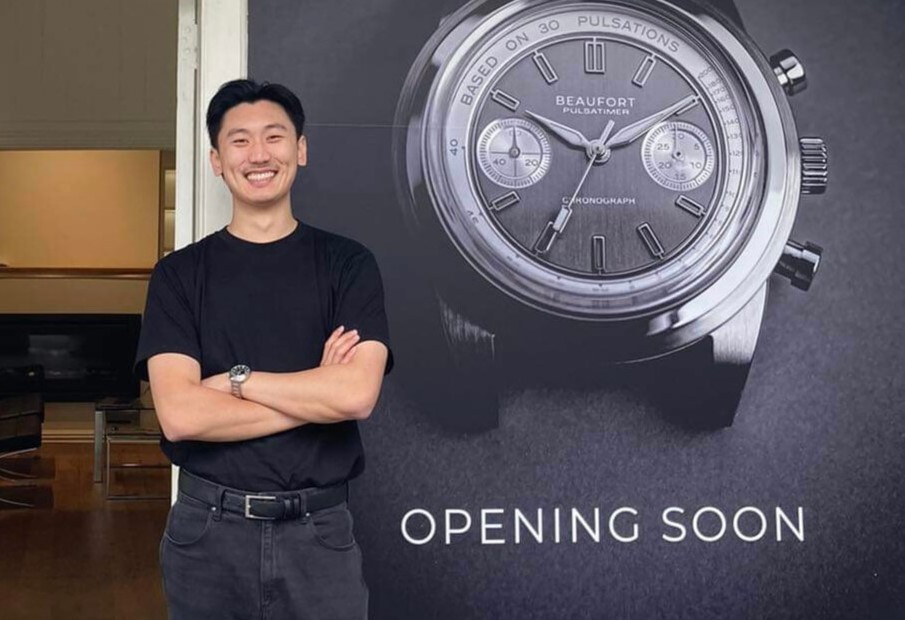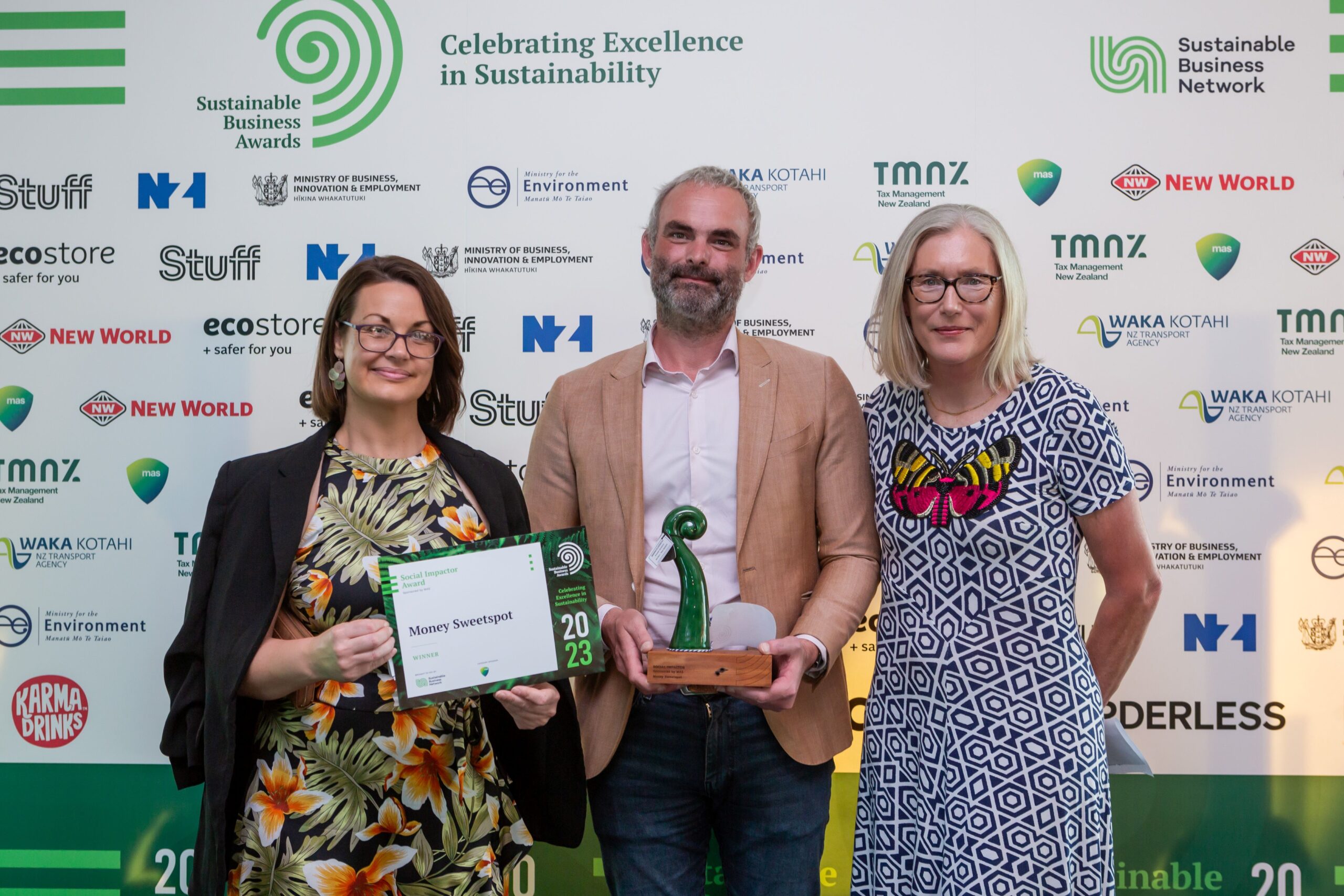Mini-accelerator helps create moonshot, literally!
Last month saw the wrap of ZeroPoint Ventures’ inaugural ‘mini-accelerator’, 0.Sprint, at The Generator, and the organisers asre pleased with the results.
Last month saw the wrap of ZeroPoint Ventures’ inaugural ‘mini-accelerator’, 0.Sprint, at The Generator, showcasing eight of the ten ventures who had significantly accelerated their business progress in just one week.
Dan Khan, co-founder of ZeroPoint Ventures and New Zealand acceleration pioneer said “When we set out to design a new model of venture acceleration that allowed anyone to get the support they needed in much shorter bursts rather than the larger commitment of longer-term programmes, we weren’t sure what the results would be, but looking back over the week, we’ve been so pleased with the results.”
Whilst ZeroPoint’s 0.Sprint mini-accelerator was adapted from a ‘battle-tested’ process used by GV (Google Ventures), Khan says that the final format was still an experiment.
“We built a new model combining accelerator-like intensity with the fun of a hackathon, but also added a little bit of ‘Kiwi-ness’ to it in terms of the community support, give back from mentors, and a push to present your journey and learnings in a pitch format to scale the support teams can achieve at the end of the sprint.”
Ten ventures at differing stages took part in the one-week accelerator programme which aimed to surround venture teams at different stages with the right startup environment, people, and networks, to push them through the biggest challenges holding them back. Compared to more traditional venture accelerators which focus on investment-readiness, the 0.Sprint format is adaptable to any goal – for some that might be a growth or product goal, but for many, it’s figuring out the fastest way to start.
Of the ten teams, Khan mentions “We saw some really interesting businesses, both startups, and traditional organisations in our first 0.Sprint. The challenges they were looking to solve were really diverse from offsetting carbon and building corporate environmental sustainability using new technologies like Blockchain; another looking to demystify the investment raising process; and one looking to figure out how to build solar networks on the moon!”
“When you’re building startups, we always tell people to shoot for the moon and make sure you have huge vision,” says Khan. “But Peter Toth and his team at ExtraTerrestrial Power has taken that literally with their plan to build solar cells and a distributed power network, actually on the Moon!”
Toth’s team had already plugged into the right contacts, and through the 0.Sprint programme found a great mentor in the aerospace industry who has helped them develop a business plan towards real commercialisation and production on the moon by 2028 – some might say, a real moonshot!
Whilst the general sprint format and concepts aren’t new, they have traditionally been the realm of fast-moving startups, but the 0.Sprint programme has allowed more established businesses looking to reinvent themselves, a great competitive advantage too.
Khan notes that “Starship Foundation was one such team who joined our inaugural 0.Sprint, and for an organisation who are looking at new models of digital transformation and reinvention, it has really allowed them to get a huge dose of startup DNA in a short time to accelerate their mindset, experience, and entrepreneurial networks which are often missing from a purely in-house approach.”
Whilst the first 0.Sprint was based in Auckland to ensure a successful pilot, ZeroPoint’s ultimate model is to provide access to these central tools, resources, and networks, to those outside of the main centres.
Khan explains “Our first 0.Sprint attracted teams as far as Christchurch and Palmerston North, who spent a week in Auckland with us working on their businesses. Lea-Ann de Maxton whose venture, 5 Million Flying Kiwis, which aims to create ‘impact hubs’ across the country, was the recipient of a one week scholarship from Tower Insurance.”
Lee-Ann showed just how critical it is to support budding entrepreneurs outside of the main centres, explains Khan. “During the end of week reflection session Lea-Ann’s biggest takeaways were just how much she was shook outside of her comfort zone – seeing how others think was a big ‘aha’ moment that she doesn’t often get back home.”
Whilst the 0.Sprint programme wasn’t about winning and losing, it did culminate in a judging panel where startup veterans Rudi Bublitz, Glen Harris, and Misti Landtroop crowned carbon-offsetting platform, Blocktree Solutions with a first prize of over $10,000 of support in education, mentoring, and office space thanks to Debra Chantry at The Common, and Massey University.
Starship Foundation placed second which was a great result given their non-startup roots, and Night District, a new live music venture founded by Tia Aoake from event partner PixelFusion’s own team, came in third.
On future programmes, Khan says “We’ve been so amazed to see such a variety of ventures coming out of the first 0.Sprint programme and the quality of their progress and learning, that we’ll definitely run the programme again.
“With so much demand for venture support that doesn’t require a huge commitment or cost, we want to get as many more moonshot ventures through a 0.Sprint as possible!”
ZeroPoint Ventures is a network of entrepreneurs, accelerator managers, and investors who re-engineer organisations for continuous transformation using the tools & methods of startups.






